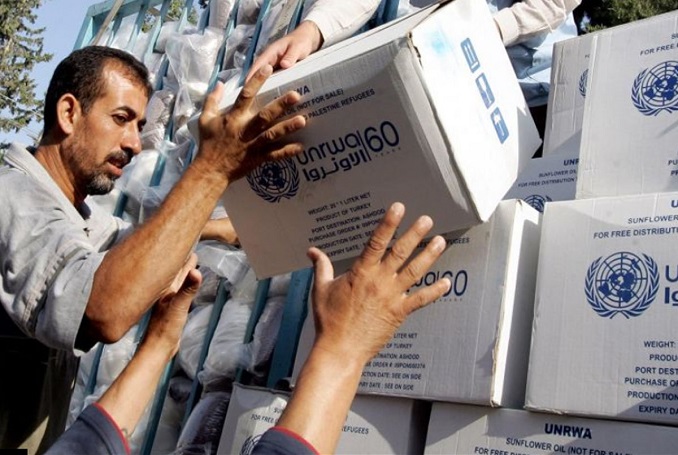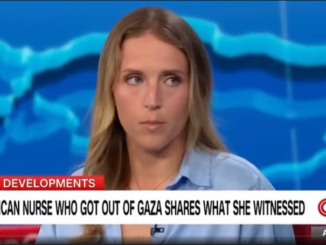
The United Nations’ World Food Programme (WFP) says it will cut its aid next year to over 190,000 Palestinians in the Gaza Strip and occupied West Bank.
In a statement on Wednesday, the UN agency said it needs another $57m to continue providing for 360,000 impoverished Palestinians in 2019.
The budget shortages will hit some 27,000 Palestinians in the West Bank who will lose food assistance, while another 166,000 people in the occupied territory and Gaza will see a 20 percent decline in food aid.
The world food program has cut food aid that will affect some 190,000 impoverished Palestinians in Gaza and the West Bank. It will have a devastating effect on food security, livelihoods, & welfare of the people it serves in Palestine. @MichaelLee2009 https://t.co/ejCKo26ZM9
— Joan Bates (@joanopinions) December 20, 2018
Raphael du Boispean, a WFP spokesperson, attributed the crisis to the “recurrent problem” of declining donations.
The Palestinians have faced major budget cuts this year after the United States slashed funding for the UN’s Palestinian refugee programme, UNRWA, and for USAID programmes in the Palestinian territories.
The statement said:
“WFP is concerned that these cuts may have a devastating effect on the food security, livelihoods, and welfare of the people it serves in Palestine.”
Stephen Kearney, WFP’s country director in Palestine, told Reuters news agency that the body was forced to make the cutbacks “mainly because the amount of funding that we are receiving is dropping drastically”.
In this episode of #UNInterviews we hear from Stephen Kearney of @WFP. Mr Kearney discusses how cuts in funding will force WFP to cut much needed food assistance to #Palestine. @UNRWA #np https://t.co/BS5AzMOux3
— UN News (@UN_News_Centre) December 20, 2018
Blaming the shortfall on cuts by the US, WFP’s biggest contributor, and other countries in aid to Palestinians, Kearney said:
“It’s not just WFP, it’s across the whole humanitarian community as donor contributions significantly fall.”
On Monday, the UN and the Palestinian Authority had appealed for $350 million in aid for Palestinians next year, saying much more was needed but they had to be realistic after a year of funding cuts.
The situation is particularly alarming in Gaza where the World Bank warned in a report in September that the economy was collapsing.
The report described the besieged territory’s economy as being in a “free fall” with unemployment estimated at more than 50 percent.
Funding crunch forces @WFP to reduce food assistance for more than 190k of the poorest people in Gaza & the West Bank, #Palestine → https://t.co/RwoTTbQt7V pic.twitter.com/m8QF4SYZ5e
— WFP Middle East (@WFP_MENA) December 19, 2018
Palestinians and humanitarian workers fear the cuts will cause a downward spiral as people buy less from businesses and they in turn purchase less from suppliers.
WFP assistance goes to the poorest and most food-insecure communities, who are classified as facing deep poverty. Most families in these communities struggle to live on less than $1 a day and are unable to meet their basic food, clothing and housing needs.
Most of the help provided by WFP is through electronic cards, which people use to buy food at a network of 185 shops.
(AJE, PC, Social Media)







